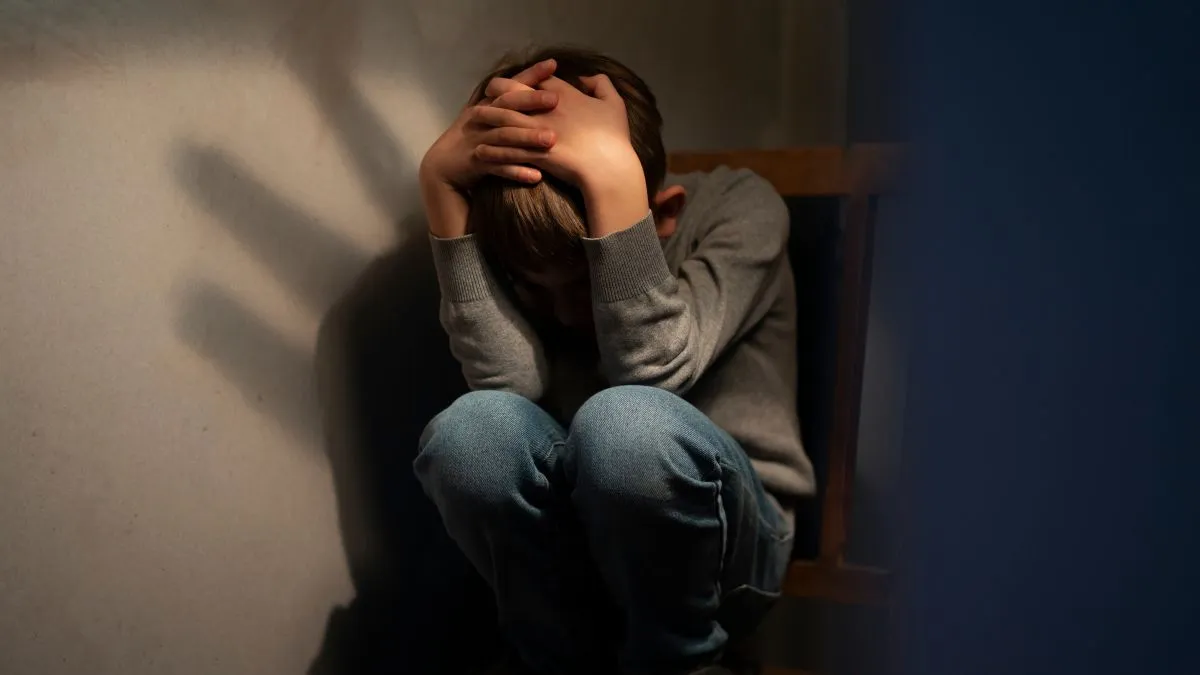
According to World Health Organisation, every year more than 7,00,000 people across the world die by suicide. In India itself over 1.6 lakh lives were lost to suicide in 2022 alone. A recent government backed report indicated that nearly 50% of suicide deaths among Indians aged 18-30 stem from relationship-related issues like family conflict, romance and marriage related stress. Suicide also continues to be one of the leading causes of death in the 15-29 age group. These are not just numbers, they are fathers, mothers, children, friends and colleagues. Each life lost is a story cut short. And yet even today we often hear people say, “Why couldn’t they just be stronger?” or “They gave up too easily.”
Table of Content:-
CHECK YOUR
MENTAL HEALTH

But suicide is not about weakness or willpower. It’s high time we realise that it is a complex medical and social issue shaped by life’s struggles and biology which leads to changes in brain chemistry, genetics and the way our bodies respond to stress. When we begin to see suicide in this light prevention becomes possible and stigma can be replaced with compassion.
According to Dr Kanishka Meel Singh, Consultant Psychiatrist, Minds Mantra Clinic, Bhiwadi, Consults on Practo, “One of the key biological players in suicidal risk is serotonin which is often referred to as one of the mood stabilisers of the brain. To make this relatable, think of serotonin like your body’s sugar levels.”
- Just as someone with diabetes may need medicines to keep blood sugar in control, people with depression or suicidal thoughts may need medicines to stabilise their brain chemistry.
- When medicines are taken regularly the body maintains balance. But if missed early in treatment it can trigger a problem.
- We need to understand that treatment for suicidal thoughts takes time just like controlling blood pressure or thyroid problems. Once stable, many people do well and may even taper off medicines under a doctor’s guidance.
- Hence, whenever antidepressants are prescribed they help the brain gradually restore its balance and in turn reduce suicidal risk.
Also Read: Rising Suicide Cases: How Men Can Cope With Mental Health Issues And Seek Support
Are Psychiatric Medicines Addictive?
Unfortunately, the stigma around psychiatric treatment remains strong. A common myth is that all psychiatric medicines are addictive. In reality, the majority of antidepressants and mood stabilizers are not habit forming at all.
“Yes, a handful of medicines used for sleep or anxiety can be addictive which is why doctors usually prescribe them for short durations of 4-6 weeks. The key is to trust your doctor. Just like when you take treatment for a fever or fracture, it’s important you follow the advice of your psychiatrist also in a similar way. Remember, the goal is always your safety, recovery and dignity,” answers Dr Kanishka Meel Singh.
Is Suicide Risk Hereditary?
Research shows that 30–50% of suicidal risk may have a hereditary component. This doesn’t mean suicide is ‘passed down’ like an heirloom. Rather, some people may have a biological vulnerability, just like when heart diseases or diabetes tends to run in families. With awareness, timely help, and the right treatment, these risks can be reduced.
Also Read: Uorfi Javed Opens Up About Her Suicide Attempt and Therapy Journey
Stress and Suicide Risk
“Stress also plays a big part. Our brain and body communicates through something called the HPA axis which is the stress-response system. In people at higher risk of suicide this system tends to overfire and produce excess cortisol (the stress hormone). This makes them more sensitive to pressure and situations that to others may seem very normal,” explains Dr Kanishka Meel Singh.
Brain scans also show changes in areas that regulate emotions and decision-making. These changes are not signs of weakness or being broken, they are signs that biology deeply shapes how we experience stress and pain.
Final Word
When we understand these biological underpinnings, the message becomes clear- suicide is not a moral failure. Suicide is a health condition with identifiable changes in the brain and body and like any other illness it deserves early detection, proper treatment, and above all compassion.
On this World Suicide Prevention Day, let us remember that suicide is preventable! Help is available. Our culture has always valued community, togetherness, and empathy. Hence, we must extend our values to those silently suffering around us. With science on our side and kindness in our hearts we can save lives.
Also watch this video
How we keep this article up to date:
We work with experts and keep a close eye on the latest in health and wellness. Whenever there is a new research or helpful information, we update our articles with accurate and useful advice.
Current Version